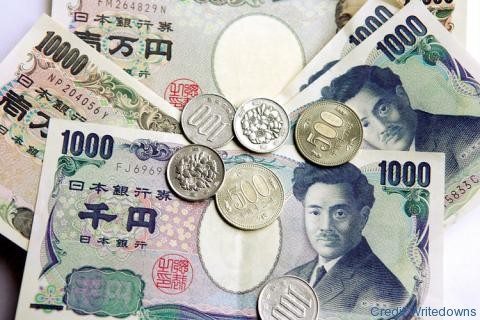
A stronger yen and investor anxiety over Friday’s meeting of Bank of Japan policy officials appeared to undermine trading in equities in Tokyo on Thursday. The decision by the U.S. Federal Reserve to leave interest rates unchanged and a lack of firm commitment by the central bank to raise interest rates before the end of 2016 also rattled many Asian shares.
In Japan, the Nikkei 225 (INDEXNIKKEI:NI225) fell 1.13%, dragged down by losses in the country’s Banking, Transport and Gas & Water sectors.
A stronger yen also doused demand for Japanese equities among foreign investors holding the dollar. USDJPY fell nearly 0.6% to 104.67. The safe-haven yen was also stronger against the European common currency in Thursday’s trading, with the EURJPY down 0.46% to 116.04.
Besides a stronger yen, volatility in Tokyo stocks can also be linked to the upcoming meeting of BOJ policy officials. Investors are not sure what to expect as BOJ policymakers meet Friday, but the popular sentiment is that BOJ will announce fresh easing measures in attempts to try and keep the Japanese economy from falling deeper into what central bankers call deflation, though consumer prices are still rising in Japan so what deflation means in this context is unclear.
The ground has already been set to cut interest rates to negative territory. But the BOJ could also leave interest rates unchanged and instead accelerate purchase of government debt with the hope of increasing the supply of money in the economy.
The BOJ meeting comes a few days after the company announced a massive fiscal stimulus measure that exceeded the expectations of many economists.
What happened in other Asian markets?
In Taiwan, stocks closed higher with the Taiwan Weighted jumping 0.15% to reach a new one-year high. Gains in Taiwan’s stock market were driven by Cement, Glass and Electricity sectors.
In China, the larger Shanghai Composite rose 0.08% as the smaller HANG SENG INDEX (INDEXHANGSENG:HSI) in Hong Kong shed more than 0.2%.
The mixed equity trading in China can be linked to plans by the country’s regulators to clamp down on wealth management products that could pose a risk to the domestic economy.
In South Korea, The KOSPI fell 0.2%, while in Australia, the S&P/ASX 200 rose 0.31%, supported by gains in the country’s Metal & Mining, Gold and Materials sectors.
The Aussie also firmed against the greenback with the AUDUSD jumping 0.45.





